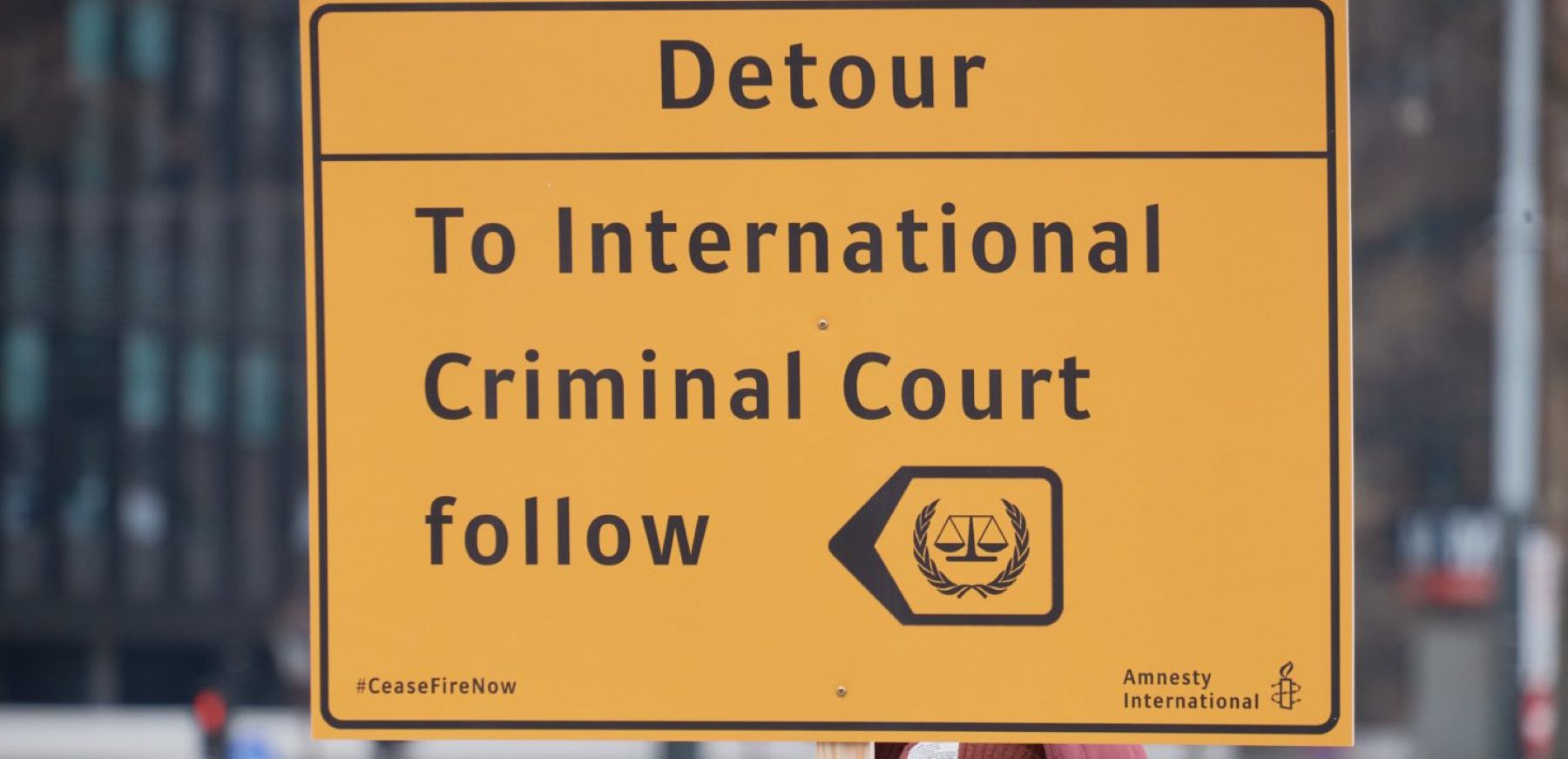In recent months, the federal government and a number of provinces and territories have made significant, welcome commitments to uphold the United Nations Declaration on the Rights of Indigenous Peoples.
The House of Commons has now passed Bill C-262, which would establish a legislative framework requiring the federal government to work collaboratively with Indigenous peoples to fully implement the Declaration. Bill C-262 will be debated in the Senate this Fall.
With these important developments, the UN Declaration has become the subject of a welcome focus of public policy discussion. Unfortunately, opposition by the previous governing party left a legacy of confusion and misinformation about the Declaration and these misrepresentations continue to be repeated.
The Coalition for the Human Rights of Indigenous Peoples — made up of Indigenous Nations, Indigenous peoples’ organizations, human rights groups and individual experts who have been deeply involved with the development of the Declaration or the subsequent ongoing work of its interpretation and application — has prepared three new factsheets to help promote a more accurate and constructive dialogue around the Declaration.
How to read the UN Declaration on the Rights of Indigenous Peoples
Myths and misrepresentations
Understanding Free, Prior and Informed Consent
Help us raise awareness about the UN Declaration by sharing these resources with your networks and encouraging others to do the same.
Sept 13th is 11th anniversary of the adoption of the UN Declaration on the Rights of Indigenous Peoples. Help us raise awareness about #UNDRIP, bust myths, and call for full implementation by sharing our resources >> https://t.co/XRneU5km7U Indigenous Rights are Human Rights! pic.twitter.com/UlJWu1E5aA
— AmnestyCanada (@AmnestyNow) September 11, 2018












